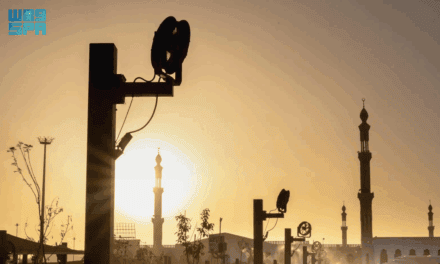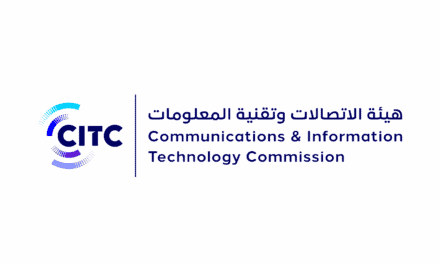Saudi Industrial Transformation Driven by Vision 2030
Riyadh, Saudi Arabia — The Saudi industrial transformation, driven by Vision 2030, is reshaping the Kingdom’s economy by reducing oil dependence and building a competitive, high-value manufacturing sector. With this shift, Saudi Arabia is positioning itself as a global player across multiple industries, backed by advanced infrastructure and localized production.
Vision-Led Strategy and Industrial Infrastructure
At the core of this shift is the National Industrial Strategy, overseen by the Ministry of Industry and Mineral Resources. The strategy targets localization of key sectors, adoption of advanced technologies, and investment in industrial infrastructure. As a result, 40 industrial cities and sector-specific clusters are operating across aviation, automotive, food, mining, and petrochemicals.
By the end of 2024, more than 12,000 factories were in operation. The Kingdom aims to reach 36,000 by 2035. These cities are not just production zones—they’re fully integrated with markets through ports, rail, and highways. Therefore, they connect Saudi industry and the global economy.
The government has also prioritized innovation. Jubail and Yanbu now lead globally in petrochemicals. Ras Al-Khair is a hub for aluminum and mining. Jazan, in the southwest, focuses on energy-intensive manufacturing. Meanwhile, King Abdullah Economic City (KAEC) combines manufacturing and logistics, hosting one of the world’s most advanced seaports. Sudair Industrial City, in central Saudi Arabia, supports pharmaceuticals, food, and light industries.
Building Industries of the Future
Saudi Arabia is launching specialized clusters for high-growth sectors to remain globally competitive. These future-focused zones are vital to the Saudi industrial transformation.
In Jeddah, “Aero Park 1” is under development within Modon Oasis. The aviation cluster spans 1.2 million square meters and includes aircraft components, defense systems, and space technology facilities. Developed in partnership with the General Authority of Civil Aviation, it benefits from proximity to King Abdulaziz International Airport and Jeddah Islamic Port.
The cluster supports Saudi Arabia’s ambition to become a key air transport hub. Its future capacity includes 30 million passengers and 1 million tons of cargo annually.
Similarly, the King Salman Automotive Industrial City in KAEC is being built to produce 300,000 vehicles annually, including electric models. This will position the Kingdom as a leader in sustainable mobility. The initiative also brings global firms to localize production and transfer advanced technology.
Food Security Through Industrial Clusters
Food manufacturing plays a central role in the Kingdom’s industrial vision. In Jeddah, Saudi Arabia is developing the world’s largest integrated food production zone. It covers 11 million square meters and includes 75 factories and 134,000 square meters of warehousing.
With an investment of SAR 20 billion, this cluster aims to attract 800 factories by 2035. Moreover, its integrated design is expected to reduce operational costs and strengthen Saudi Arabia’s role in the global food supply.
In April, MODON launched a dairy complex in Al-Kharj Industrial City. The one-million-square-meter facility includes dairy plants, feed mills, cold storage, and logistics systems. Notably, Al-Kharj provides 70% of the Kingdom’s dairy output, supporting domestic and regional markets.
Logistics and Transport Fueling Growth
A strong logistics system is essential to the Saudi industrial transformation. Jeddah Islamic Port remains the country’s leading food trade hub. King Abdullah Port specializes in high-value industrial exports. Ras Al-Khair handles mineral shipments, while Jazan Port boosts connectivity with Africa.
Railways also play a strategic role—the North-South Railway links mining regions with industrial zones and ports. In addition, the Land Bridge Project will connect the Red Sea and the Arabian Gulf, enhancing Saudi Arabia’s role as a regional trade corridor.
A New Era for Saudi Industry
This industrial shift is more than a policy—it’s a national transformation in action. Factories powered by innovative technologies, specialized clusters, and global partnerships are reshaping the economy. Saudi Arabia is no longer just producing. It is innovating, exporting, and leading.
With smart logistics, competitive infrastructure, and investor-friendly policies, the Kingdom continues to attract high-impact capital. These investments are building a foundation for long-term growth.
In conclusion, the Saudi industrial transformation is setting a new global benchmark. Vision 2030 is no longer a blueprint—it is becoming a reality, turning ambition into industry and ideas into economic power.






